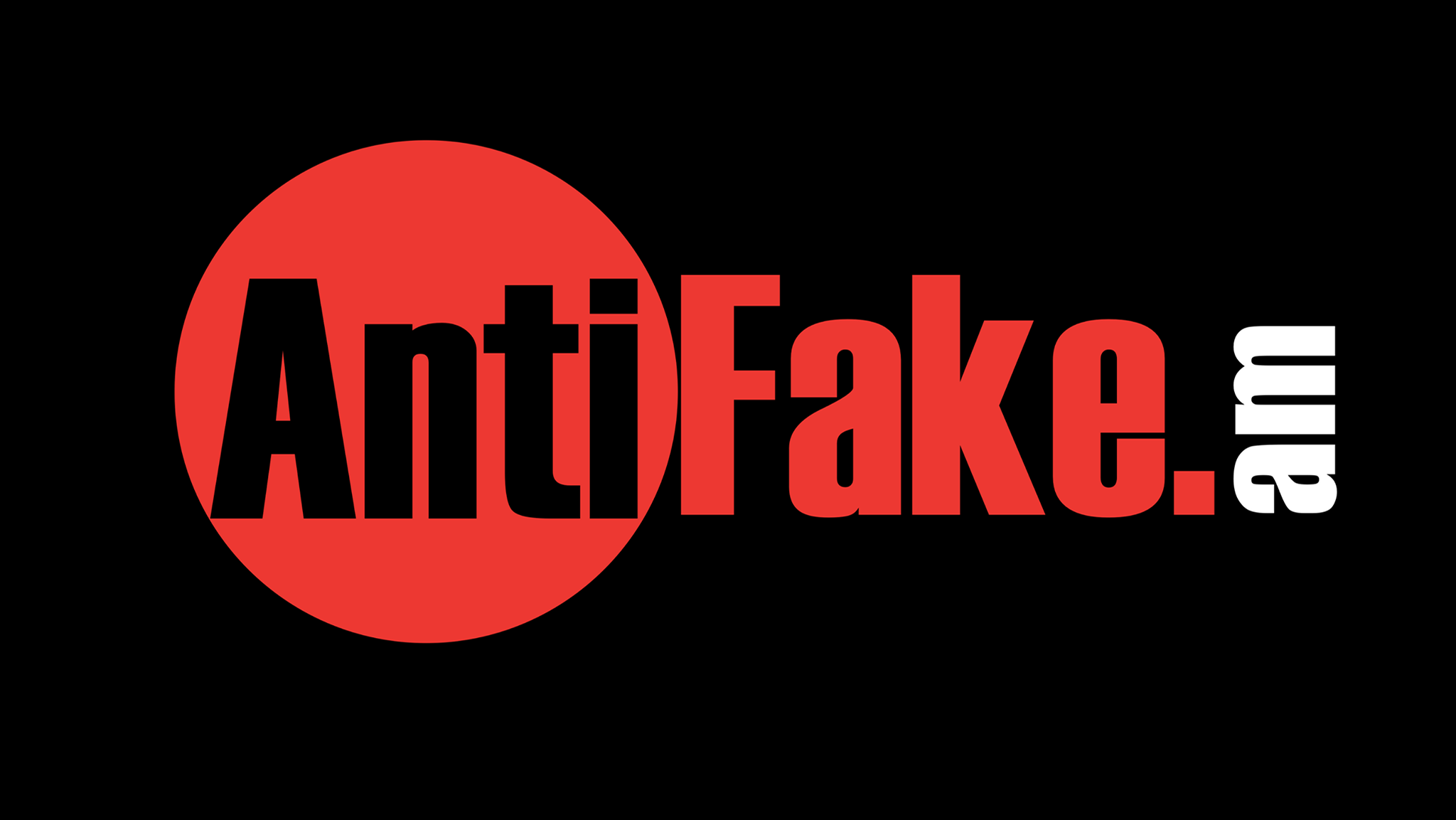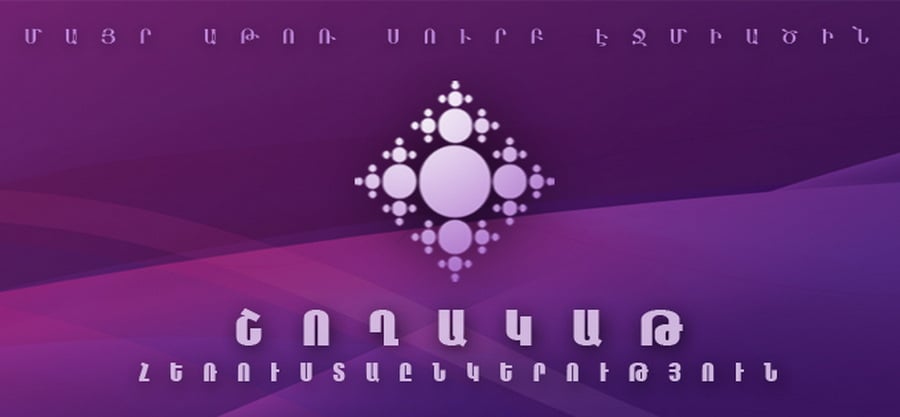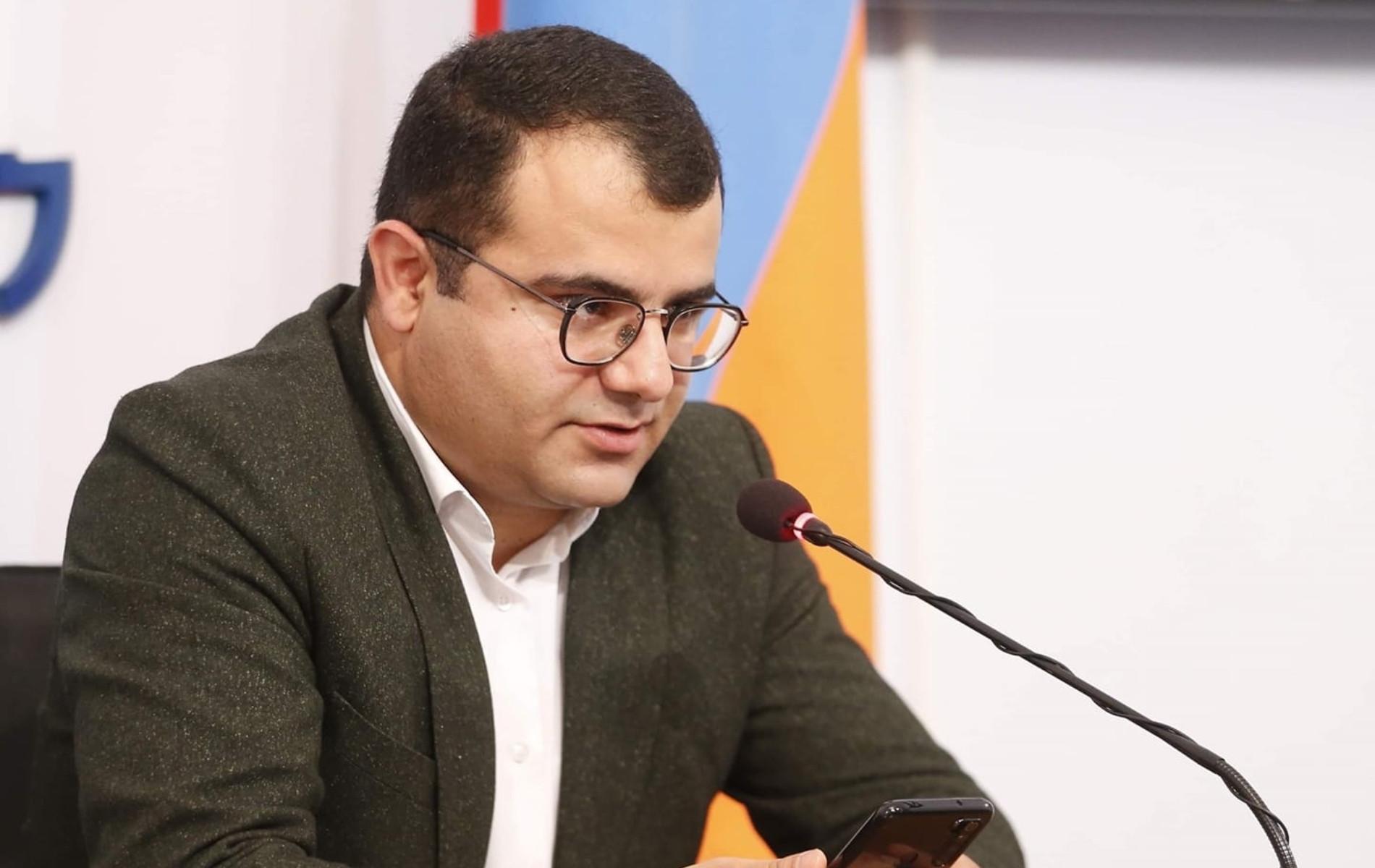New Armenia, new situation, also in the field of freedom of expression. The new government has adopted “digital democracy” modus operandi. The high rank officials, starting with the head of the Government, in on-line regime tell about their activities and decisions made, thus reporting to the society; they refer to issues, which are the focal point of the public discussions. Attaching importance to this tendency as a new precondition for the development of the freedom of expression, however, we will state several worrying facts.
What we had during the previous authorities: stereotyped approached in the work with the journalists, rare meetings only with “preferred” media outlets, controlled mass media, and the high rank officials, starting with the RA President, did not miss the chance to state that the media community forms the country’s pestersome mass and it is to blame in almost all the evil. Today, of course, the situation is incredible: the authorities are under the control of the society, upon their own will. Through Facebook live streaming by the country’s Prime Minister, each citizen can regularly receive the answers to the questions they are interested, can get reports, explanation, in certain cases also in the form of postings, and under these conditions the journalist is only a consumer, like any other citizen. But what should the journalist do with all these? Are the social networks the main source of information for him/her. Dissatisfaction is noticed among the media outlets related to the preferences of the new government members: the official like to talk live or to write postings, but the journalists need direct communication, feedback, also to prepare exclusive publications.
We tried to find out which are the preferred ways of receiving information for the mass media representatives:
- Regular briefings or press conferences by the officials and their press secretaries.
- Press releases
- Facebook postings or live streaming
- E-mails/official inquiries
- Telephone
- Other
Eleven out of 27 journalists that participated in the blitz survey prefers first to receive information through a phone, 11 – through briefings, press conferences; in both cases Facebook postings and live streaming were considered primary, in two case preference was given to official inquiries: probably the reason is that as a rule, the journalists expect quick answers to ensure quick publication.
The journalists attach importance also to individual, i.e. face to face communication with the interlocutor, even on off the record regime, while expecting an open conversation. According to the survey, press releases are considered acceptable but not a priority, except in one case. This means that in any case journalists need direct communication.
Perhaps, in terms of classical sociology, our survey is not representational, but as both traditional and modern type of employees from various media outlets participated in it, the results were quite noteworthy, and they could be interesting for public agencies when organizing their work with the press.
HASMIK BOUDAGHYAN
CPFE Expert









